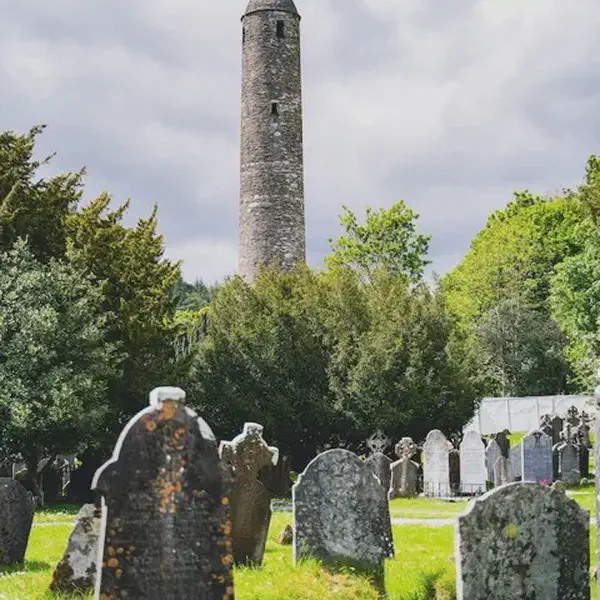
John Logie Baird, Scottish Inventor of Television, Died.
June 14, 1946
John Logie Baird (August 13, 1888 ? June 14, 1946) was a Scottish engineer, who is best known as the inventor of the first working electromechanical television system.
Baird was born in Helensburgh, Argyll, Scotland, and educated at Larchfield School (now part of Lomond School), Helensburgh; the Glasgow and West of Scotland Technical College (which later became the University of Strathclyde); and the University of Glasgow. His degree course was interrupted by World War I and he never graduated.
In 1927 Baird transmitted a long-distance television signal over 438 miles of telephone line between London and Glasgow. He then set up the Baird Television Development Company Ltd, which in 1928 made the first transatlantic television transmission from London to Hartsdale, New York and also made the first television programme for the BBC. He televised the first live transmission of the Epsom Derby in 1931. From 1929-1935, the BBC broadcast television programs using the 30-line Baird system.The BBC ceased broadcasts with the Baird system in early 1937.
Bairds numerous other developments demonstrate his particular talent at invention. He developed, in 1928, a primitive video recording device, which he dubbed Phonovision. The system consisted of a Phonodisc, which was a 78rpm record that could play a 30 line video signal. His other developments were in fibre-optics, radio direction finding, infrared night viewing and radar. There still remain, however, questions about his exact contributions to the development of radar, for his wartime defense projects have never been officially acknowledged by the British government. According to Malcolm Baird, his son, what is known is that in 1926 Baird filed a patent for a device that formed images from reflected radio waves, a device remarkably similar to radar, and that he was in correspondence with the British government at the time. Much of the information regarding Bairds work in this area is just beginning to emerge.
Baird made many other contributions to the field of television before and after his mechanical system fell into disfavour. In 1928 he demonstrated the first colour television and true stereoscopic television. In 1932 he was the first to demonstrate ultra-short wave transmission. In 1941 he demonstrated a 600 line HDTV colour system, and during 1944 he tried to persuade British authorities to adopt his 1000+ line Telechrome electronic colour system as the new post-war broadcast standard. He also demonstrated a big screen television system at the London Coliseum, Berlin, Paris and Stockholm.
Baird died in Bexhill-on-Sea, Sussex, England in 1946 after suffering a stroke in February of that year.